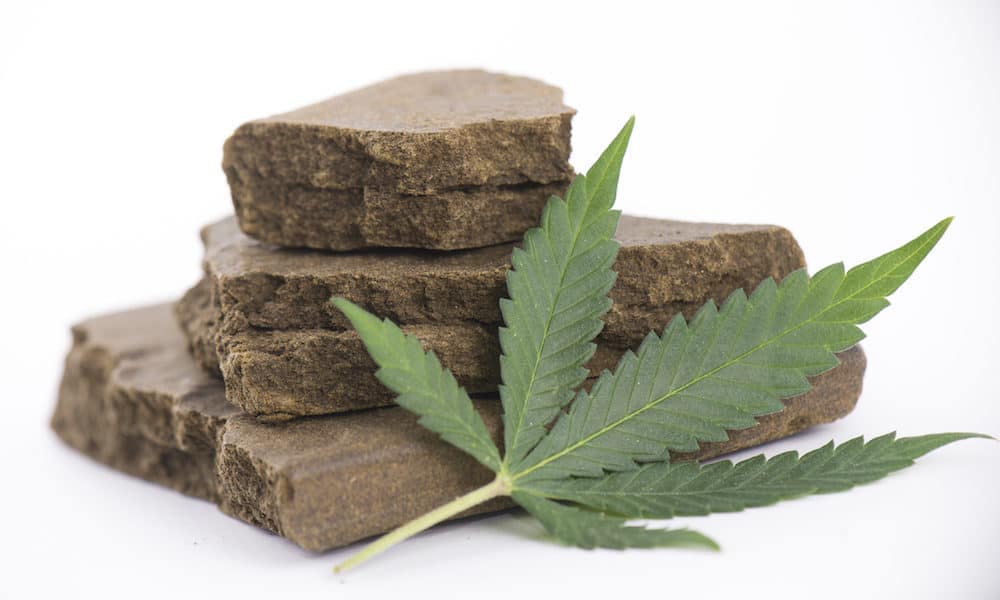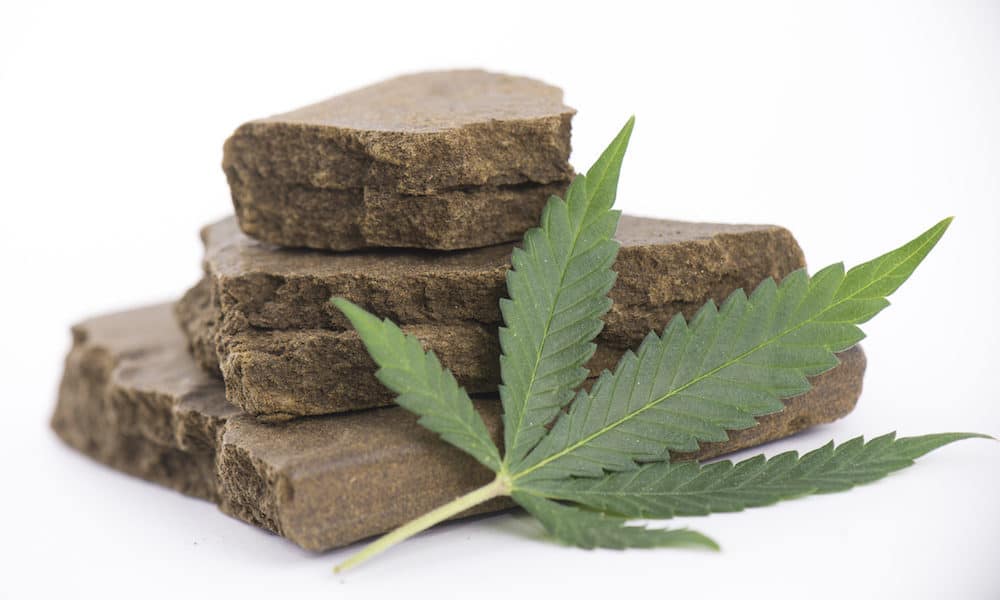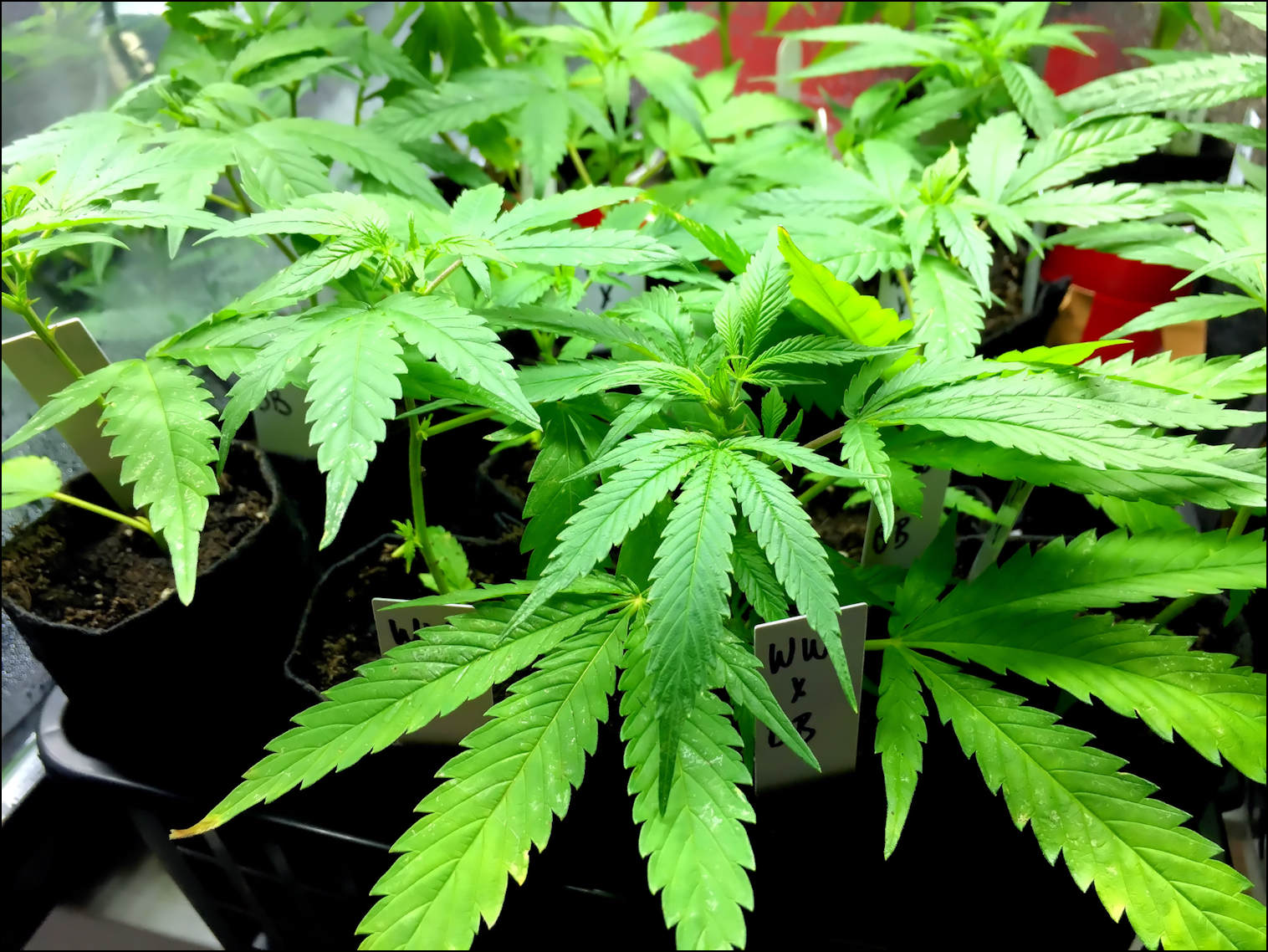
In a move that’s thrown patients and dispensary owners into confusion, Arizona’s attorney general Mark Brnovich posited in court filings that only dried marijuana should be available for medical consumption. The filings suggest that possession of hashish be deemed a crime—an idea that, if enforced, could have dire consequences for those who use oils, extracts, or any food product made with the plant.
At the crux of Brnovich’s argument is his position that the voters who okay’d Arizona’s 2010 Medical Marijuana Act were authorizing the use of “usable marijuana,” which he defines as “the dried flowers of the marijuana plant, and any mixture or preparation thereof.” Extending this definition to include extracts is an “unreasonable” interpretation of the law, he says.
Of course, not everyone is on board with this interpretation of the eight-year-old law. “It started with the marijuana flower and ended up with hashish,” Will Humble, former state health director, told Capitol Media Services.
Humble headed the team that wrote Arizona’s medical marijuana regulations and says he doesn’t share Brnovich’s vision that cannabis products should illegal for the state’s patients. Furthermore, he noted that his previous department continues to regulate the sale of edible cannabis products.
In a sworn Supreme Court affidavit, Humble stated: “I believe that it’s unreasonable to conclude that the [Arizona Medical Marijuana Act] does not provide for mixtures and preparations of marijuana such as extracts, resins and edibles made with extracts.”
The state’s controversy over hashish is not without certain precedent. In 2013, Arizona’s Board of Appeals sentenced Rodney James to 2.5 years in prison for possessing of .05 ounces of hashish. Judge Kenton Jones expressed his difference in opinion writing that “the resin extracted from the marijuana plant—cannabis—is part of the plant… just as sap is part of a tree.”
Jones is far from the only Arizona official who believes the raw plant is the only acceptable form of medical cannabis. “Such an interpretation reduces, if not eliminates, medical marijuana as a treatment option for those who cannot take it in plant form, or could receive a greater benefit from an alternative form,” wrote Katherine Cooper, a Maricopa Country Superior Court Judge, in a 2014 ruling.
In that decision, Judge Cooper ruled that restricting the forms in which medical marijuana patients could access the drug “reduces, if not eliminates, medical marijuana as a treatment option for those who cannot take it in plant form.”
For its part, the state’s health department has put out a statement that it would “comply with any decision of the Arizona Supreme Court.” Arizona’s 180,000-plus medical marijuana patients will surely be eager to see the matter resolved.















